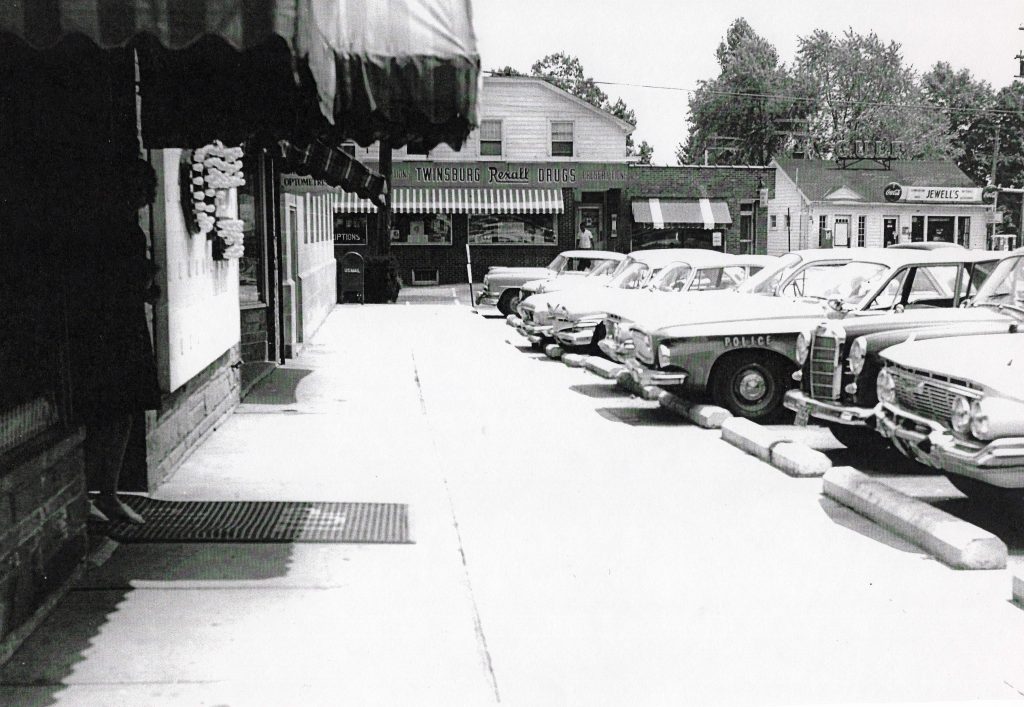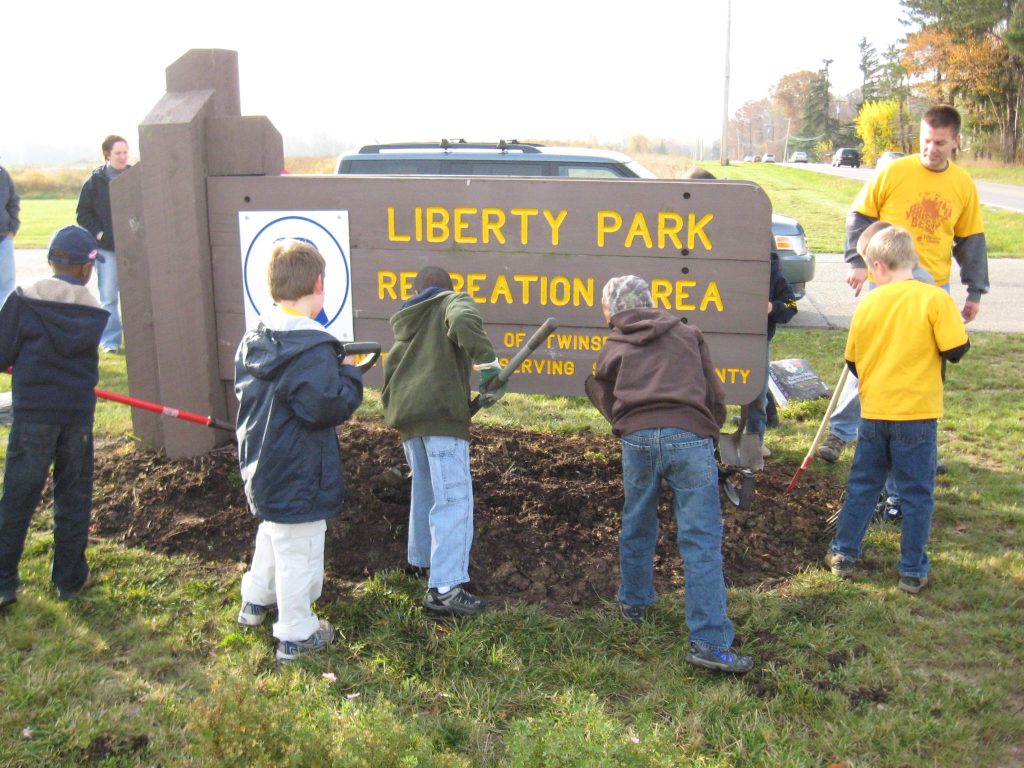“To protect and preserve life while conserving property, utilizing specialized skills and compassion.” A rather brief statement for so large a responsibility, yet the men and women of the Twinsburg and Reminderville Fire Departments take this burden upon themselves anew every day, regardless of the simplicity or seriousness of the task at hand.
The Department (TFD) can trace its roots back nearly a century to 1919, when the very first informal members fought smoke and fire with little more than perseverance and a bucket—tough work considering the peril and pay. In 1921, the informal brigade became a more organized, yet still volunteer-based organization and stayed that way into the 1950s. Four years later, the department acquired its first fire engine, a technological leap over its two-wheeled hand cart.
Further purchases would follow, and the firehouse would move more than once. According to a history of the TFD compiled by retired fire chief Daniel J. Simecek (served 1957–1997), the department’s first permanent home was a ten-by-twenty-foot addition built onto a garage owned by Earl Bowen (who served as chief from 1972 to 1932) in 1923. From there, they relocated to what is now the VFW Hall in 1939.
Perhaps the most notable move came in 1954, when, according to Chief Simecek, “Twinsburg Township passed a bond issue for money for a new fire station. Twentyone firefighters formed the Twinsburg Land Company and cosigned a loan from Twinsburg Bank and used their summer vacation to build the building on the north side of the VFW Hall. Chief Ray Richner purchased the land, and when the building was finished the Township used the bond money to pay off the loan for the land and materials used.” For private individuals to take on such a financial burden, even if briefly, was a tremendous show of responsibility by anyone’s standards.
Between 1955 and 1956, what had been one entity quickly become three. The villages of Twinsburg and Reminderville splintered off from Twinsburg Township. To prevent a lapse in protection and avoid taking on the financial burden of creating their own department, the Village and the Township agreed on a contract by which the Township would pay for services rendered. Various levies have been used to pay for these services, although there was a point when the Township sought to fund a completely independent fire department. The rising cost of the yearly contract came to a head in 1978, encouraging the Township to reevaluate its agreement.
Farther north, the newly organized Reminderville Fire Department took control of the Geauga Lake Station, its men, and its equipment. As is often the case with a new organization, growing pains are to be expected. William J. Delgado, Reminderville Fire Chief for seventeen years, his assistant, Joseph W. Algeri Sr., and another firefighter all quit the fire department in the same week in February of 1972. They jointly alleged the burgeoning village’s budget and equipment were inadequate. Their potential inability to keep the village safe as the population continued to grow, in particular with the addition of Aurora Shores, weighed heavy on the department. At the time of the unrest in the department, the three engines utilized were a 1939 Ford, 1946 Dodge, and a truck purchased for $150 by the firefighters and subsequently remodeled.
Little has changed since the schism with a few exceptions. As has been tradition, a mix of paid and volunteer firefighters continues to protect and serve the community, although over the past twenty-five years it has become mostly full-time professionals.. Twinsburg Township continues to contract fire and emergency response services out to the City of Twinsburg.
According to the documentation provided by the Township, these services are currently paid for with proceeds from two property tax levies and supplemented by EMS billing revenues collected from insurance providers and nonresidents. Population growth and urban sprawl did necessitate the construction of a second fire station for the TFD. Station #2 opened on Glenwood Drive in 2007.

